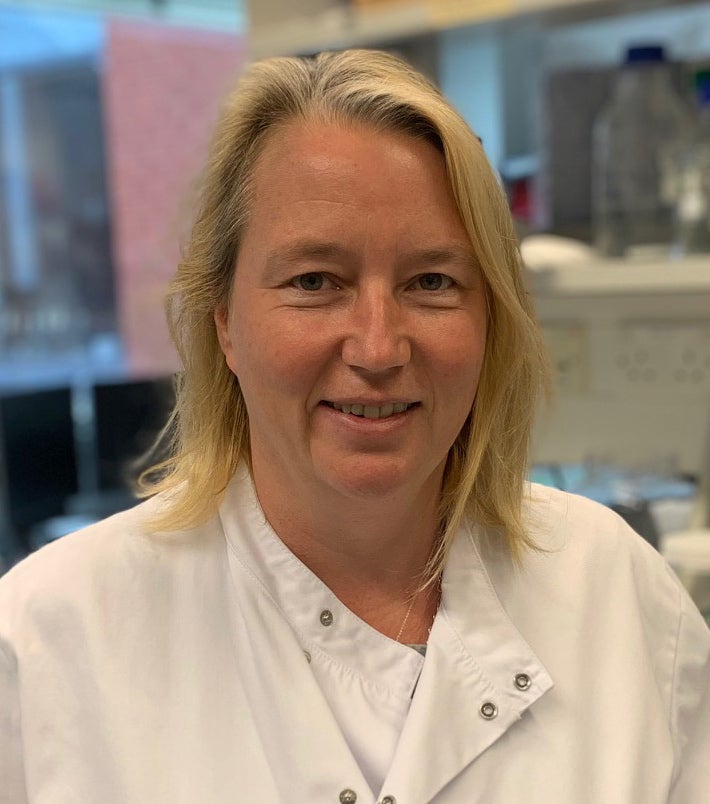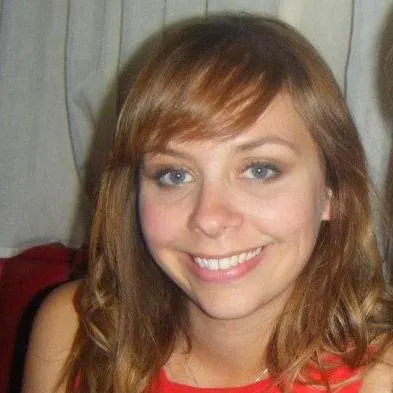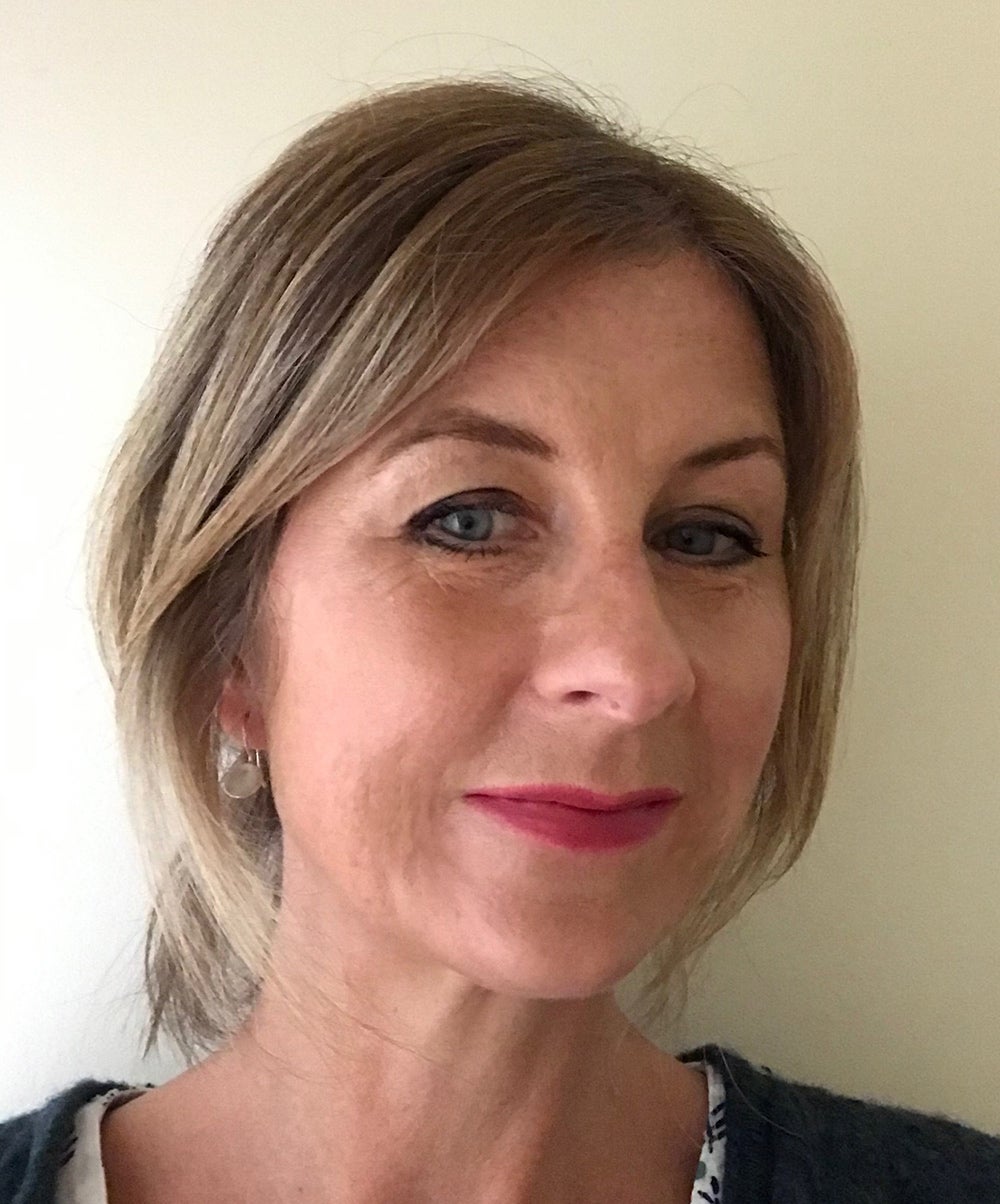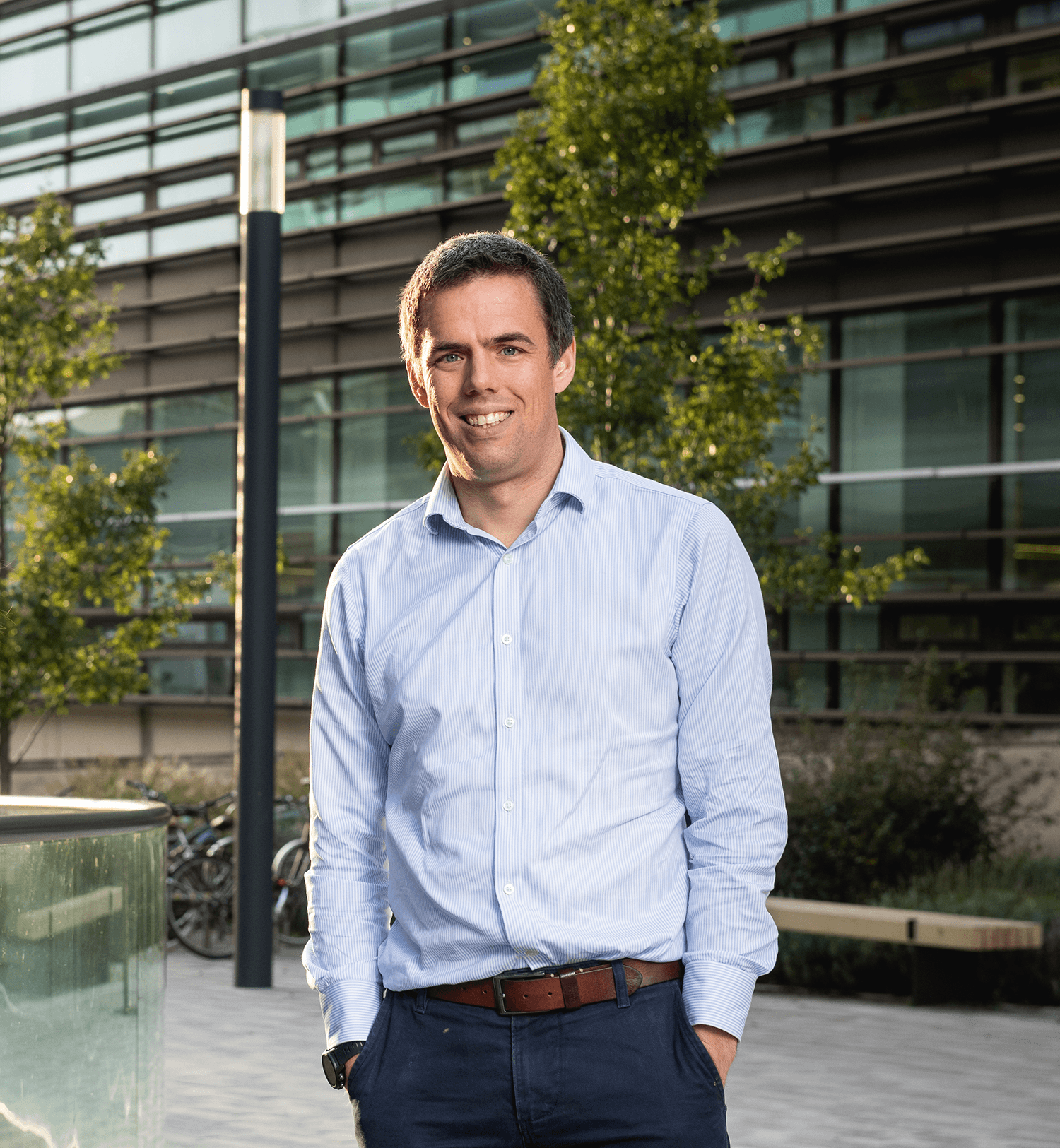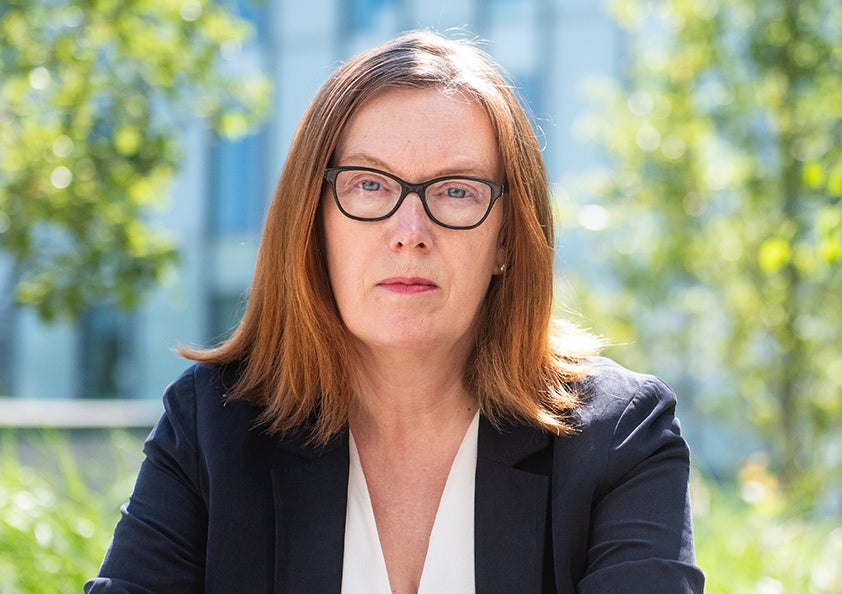The University of Oxford’s Jenner Institute and Oxford Vaccine Group have been at the forefront of scientific endeavour to develop vaccines for diseases of major global importance for more than 30 years.
Oxford's coronavirus vaccine has been approved for use in a number of countries, marking an important milestone in the fight against COVID-19 .
Oxford University breakthrough on global COVID-19 vaccine
23 Nov: The University of Oxford, in collaboration with AstraZeneca plc, announces interim trial data from its Phase III trials that show its candidate vaccine, ChAdOx1 nCoV-2019, is effective at preventing COVID-19 (SARS-CoV-2) and offers a high level of protection.
Spotlight on Professor Sarah Gilbert
Professor Gilbert holds the Saïd Professorship of Vaccinology. She joined the Nuffield Department of Medicine at Oxford University in 1994 and became part of the Jenner Institute (within NDM) when it was founded in 2005. Her chief research interest is the development of viral vectored vaccines that work by inducing strong and protective T and B cell responses. She leads the Jenner Institute programme in influenza vaccine development and now also works on vaccines for many different emerging pathogens, including Nipah, MERS, Lassa and CCHF. Working with colleagues in the Jenner Institute research labs, the Clinical Biomanufacturing Facility and Centre for Clinical Vaccinology and Tropical Medicine, all situated on the Old Road Campus in Oxford, she is able to take novel vaccines from design to clinical development, with a particular interest in the rapid transfer of vaccines into GMP manufacturing and first in human trials. She is the Oxford Project Leader for ChAdOx1 nCoV-19.

Spotlight on Professor Andrew J Pollard
Professor Pollard obtained his medical degree at St Bartholomew’s Hospital Medical School, University of London in 1989 and trained in Paediatrics at Birmingham Children’s Hospital, UK, specialising in Paediatric Infectious Diseases at St Mary’s Hospital, London, UK and at British Columbia Children’s Hospital, Vancouver, Canada. He obtained his PhD at St Mary’s Hospital, London, UK in 1999 studying immunity to Neisseria meningitidis (meningitis) in children and proceeded to work on anti-bacterial innate immune responses in children in Canada before returning to his current position at the University of Oxford, UK in 2001.

Spotlight on Professor Adrian Hill
Professor Hill is Lakshmi Mittal and Family Professor of Vaccinology and Director of the Jenner Institute, which focuses on designing and developing vaccines for infectious diseases prevalent in developing countries, such as HIV/AIDS, malaria and tuberculosis. He also heads a group at the Wellcome Trust Centre for Human Genetics which studies genetic susceptibility factors for common bacterial diseases. His own vaccine research programme has developed one of the most promising potential vaccines for malaria which is currently in large scale trials in infants in sub-Saharan Africa. His group led the first clinical trial of an Ebola virus vaccine targeting the outbreak of Ebola in West Africa.

Spotlight on Professor Teresa Lambe
Professor Lambe’s area of expertise is vaccine development. She is an experienced immunologist who develops vaccines against emerging and outbreak pathogens. She is experienced at progressing preclinical concepts all the way through to clinical assessment.
Her team is working on measuring the immune response after vaccination against SARS-CoV-2. This work principally involves measuring the antibody response after vaccination.

Spotlight on Professor Katie Ewer
Professor Katie Ewer is senior immunologist for Oxford's ChAdOx1 nCov-2019 coronavirus, Ebola and pre-erythrocytic malaria vaccine trials. She oversees the immunology on Phase I and II trials of VLP and vectored vaccines, both in the UK, and in field trials in Africa.
Her research focusses on studying samples from clinical trial volunteers to determine the strength of their immune response to the trial vaccines, and to work out which features of the immune response correspond to protection against disease. These findings can then be used to improve the vaccine development process, so that future vaccines offer greater protection against disease. For the ChAdOx1 nCov-2019 trial, she has led the team of scientists studying the T cell responses produced in the body by vaccination and how these could protect against COVID-19.

Virtual tour of the Jenner Institute
Do you want to discover what's happening in the labs where we're testing, trailing, and make the starting material for our COVID-19 vaccine?

How to make a vaccine in record time
Vaccines usually take decades to develop – so how is Oxford University's ChAdOx1 nCoV-1 vaccine trial moving so quickly? It comes down to careful planning, extraordinary logistics and a whole lot of help from partners around the world.
Please Support Now
Oxford has over 100 researchers working on the urgent response to the Coronavirus outbreak. Public donations of any size will be rapidly put to use in our frontline research.














